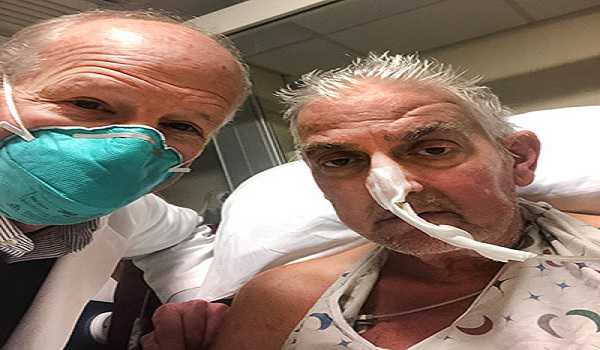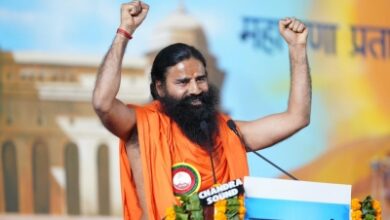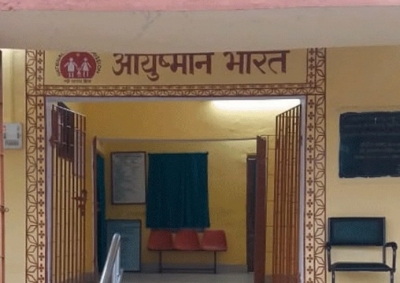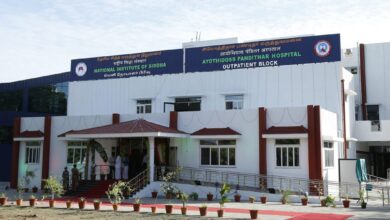Taking Genetically Modified Pigs’ Heart For Humans Could Fulfill Organ Shortage: KIMS Doc

Mobilenews24x7 Bureau
Doctors at the University of Maryland School of Medicine, recently had successfully performed the world’ first-ever pig-to-human heart transplant surgery.
This is a seminal advance in the history of modern medicine. According to medical updates from the center last received ,the heart now beats normally and unassisted in the body of a 57-year-old recipient.
In a statement, Dr. Sandeep said he believes this transplant procedure is the conclusion of years of research that will emerge as a shining cornerstone and paves a way for the future of transplant surgeries, in an era of organ shortage.
Each year, millions of people suffer organ failures and many of them die due to non-availability of a suitable organ donor, he said deceased organ donation from a suitable matching donor is the final solution for end stage organ failure.
According to available numbers, at least 50,000 individuals suffering from end stage heart failure in the United States require a heart transplant .
Current conventional sources are brain-dead but beating heart organ donors, only 4000 such organs are available according to the current census. This leads to a search for alternative viable sources of living organs .
Extrapolating this data to India, the number is at least five to six times based on population census and disease burden estimates .
The current donation rates in our country are a dismal 1000 donations annually.
If we address the cumulative burden of patients who are suffering due to end-stage ailments of kidneys /liver /lungs and pancreas ; and need such viable transplantable organ sources , the demand is huge . With no viable alternative in sight , this paradigm seems to be the answer to our dilemma, Dr Sandeep, who has done a total of 332 organ transplants including 203 lung transplants, 92 heart transplants and 37 lung and heart transplants together, said.
A single organ damage leads to numerous and incalculable after-effects on other organ systems in the body, thereby affecting quality of life and survival. Timely intervention with organ transplants prevents not just incremental damage to secondary life sustaining organ systems, greatly enhances quality of life and controls excessive medical expenditure incurred by repeated hospitalisation , the surgeon said.
Hence, the timely replacement of these damaged organs is crucial to the patient, family and society at large. He said our current scientific , ethical, social and religious limitations make it imperative that we explore alternate sources .
Chimpanzees, baboons could have possibly been an ideal source, but there are ethical, medical and scientific reasons to disallow exploring this alternative. The option of hygienically bred, genetically modified pigs is a major step in this direction, he said.
Using special breeding and feeding methods, we can ensure the elimination of exogenous (external) viruses (PERV ) . While endogenous (internal) PERV are eliminated utilising CRISPR -cas 9 gene editing technology and nuclear editing of the embryo, he said.
With time, scientists could develop 3D printed hearts that are fully biocompatible and avoid Immux Sx noupression completely. This can be the ideal solution and completely worthwhile. However this is work in progress, has been scientifically proven to be a viable alternative but, cannot be performed on a large scale given the enormous costs and time it takes to build one fully functional organ, said Dr Sadeep.
Till that time , this intriguing possibility preserves the essence of human life. This ground breaking and latest development is a major milestone in medical science, it is worth celebrating, preserving and nurturing, he added.






